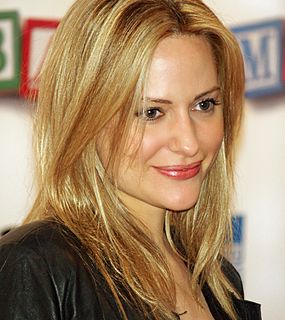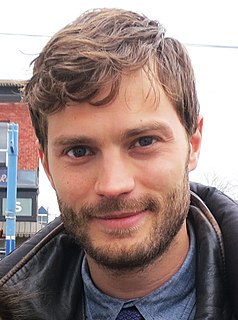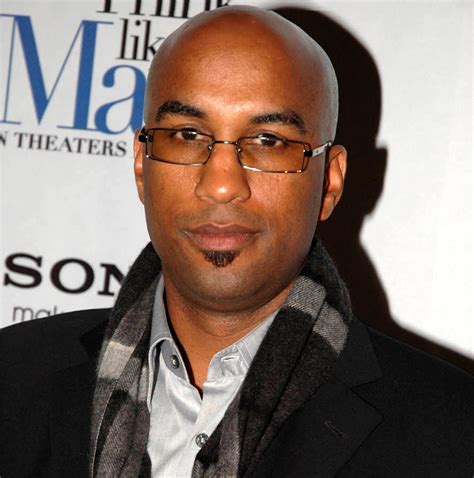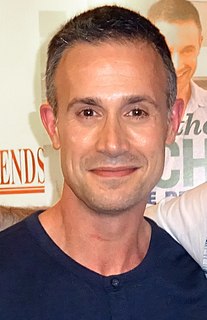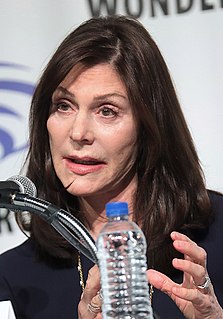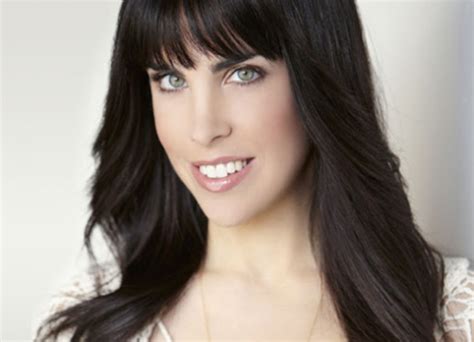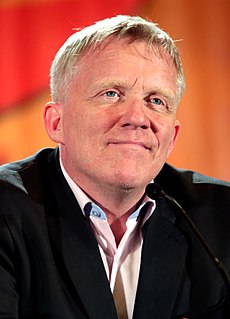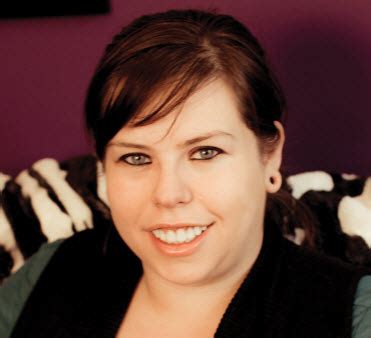A Quote by Aimee Mullins
If you watch any John Hughes film of the eighties, that was my childhood experience.
Related Quotes
I think when romantic comedies are done well, it's a great genre. 'When Harry Met Sally' is kind of a benchmark for me, but I'm very happy to admit that I love 'Pretty Woman.' I do! It's a great film, and so is 'Sixteen Candles.' I was a big John Hughes fan - still am. I have moments where I have to watch a Hughes film.
There were a few things that, in rehearsal, any one of us might try. [John] Hughes would go, "I like that," to me spitting up in the air and catching it in my mouth. It was just something I did in a rehearsal and Molly [ Ringwald] went, "Ewww." And John went, "Can you do that again?" And I went all day long, and he was like, "Okay, let's do that."
On stage you never watch yourself. You just experience it, and then you go home, and you feel pretty good if you gave a pretty good performance or crappy if you didn't. But in TV and film, you actually have to experience it while you're doing it, and then you have to watch it. And then when you're watching it, you watch it with a different sensibility than how you experienced it.
